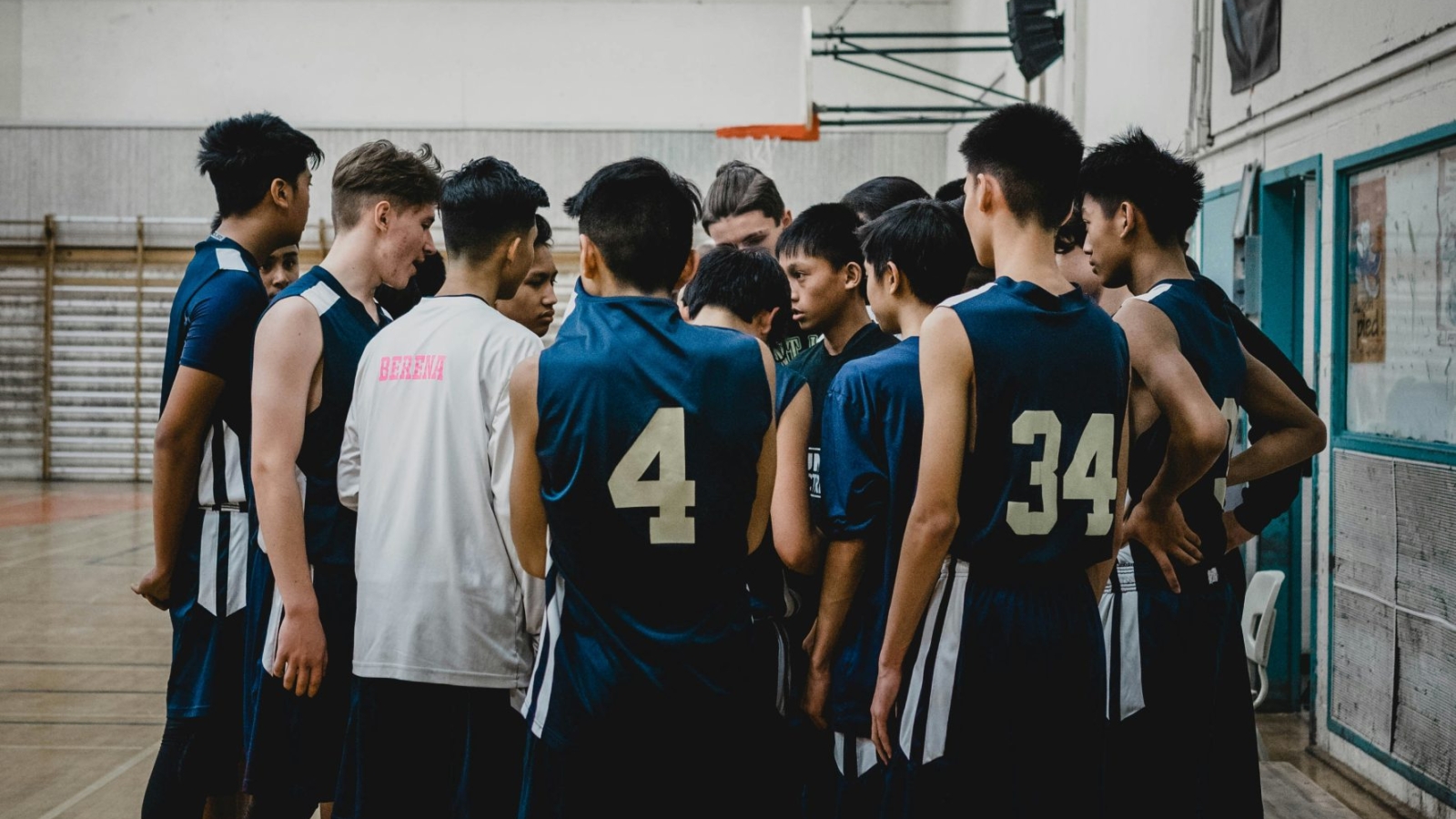In the world of sports, team cohesion is often the difference between a group of talented individuals and a championship-winning team. While regular practice, strategy sessions, and games are crucial for developing skills and performance, the importance of off-field activities in building a strong, united team cannot be overlooked. One of the most effective ways to foster this unity is through field trips. These outings offer sports teams a unique opportunity to bond, build trust, and develop the interpersonal connections that are essential for success on the field.
1. Building Trust Through Shared Experiences
Trust is the foundation of any successful sports team. Players need to trust that their teammates will have their backs, both literally and figuratively, during high-pressure situations. Field trips provide the perfect setting for players to build this trust outside of the intense atmosphere of practice and competition. Whether it’s navigating a ropes course, participating in team-building exercises, or simply exploring a new environment together, these shared experiences create a sense of camaraderie. When players trust one another off the field, this trust naturally carries over to their performance on the field.
2. Enhancing Communication and Cooperation
Effective communication is critical in sports, where split-second decisions and quick thinking can change the course of a game. Field trips offer athletes the chance to enhance their communication skills in a relaxed setting. Activities like problem-solving challenges, group discussions, and even casual conversations during a hike or a meal help players learn to express their thoughts clearly and listen to others. These interactions foster a deeper understanding of each teammate’s communication style, making it easier to convey strategies and tactics during games.
3. Strengthening Team Dynamics
Every sports team has its unique dynamic, shaped by the personalities and relationships within the group. Field trips can play a significant role in strengthening these dynamics by providing a change of scenery and breaking down any barriers that may exist between players. Away from the pressures of training and competition, players can get to know each other on a personal level. This understanding of each other’s strengths, weaknesses, and motivations creates a more cohesive unit. When players feel connected to their teammates, they are more likely to support each other and work together towards a common goal.
4. Encouraging Leadership Development
Leadership is an essential component of any successful sports team. Field trips often present situations that require players to step up and take the lead, whether it’s organizing an activity, guiding the team through a challenge, or making decisions on the fly. These experiences help players develop leadership skills that are vital both on and off the field. Moreover, when different team members have the opportunity to lead in various situations, it fosters a sense of shared responsibility and mutual respect among the team.
5. Promoting Mental and Emotional Well-Being
The physical demands of sports are well-known, but the mental and emotional aspects are equally important. Field trips offer a much-needed break from the rigorous demands of training and competition, providing players with an opportunity to relax, recharge, and bond with their teammates in a stress-free environment. This time away from the intensity of sports can help reduce burnout, alleviate anxiety, and strengthen the mental resilience needed for peak performance. Additionally, the positive emotions generated during fun and engaging activities can improve team morale, making players more motivated and enthusiastic when they return to the field.
6. Fostering a Winning Culture
A strong team culture is the backbone of any successful sports program. Field trips can help instill the values, attitudes, and behaviors that define a team’s identity. Whether it’s a visit to a sports museum to learn about the history of the game, a community service project to give back together, or an outdoor adventure that pushes everyone’s limits, these experiences can reinforce the core principles of teamwork, perseverance, and sportsmanship. A cohesive team culture not only enhances performance but also creates a sense of pride and belonging that motivates players to give their best in every situation.
Conclusion
Field trips are more than just a break from the routine; they are powerful tools for building stronger, more united sports teams. By providing opportunities for trust-building, enhancing communication, strengthening team dynamics, developing leadership skills, promoting well-being, and fostering a winning culture, field trips help transform a group of athletes into a cohesive, resilient, and successful team. Coaches and team leaders should recognize the immense value of these experiences and incorporate them into their team-building strategies. After all, the connections made off the field often translate into victories on the field.


Leave A Comment